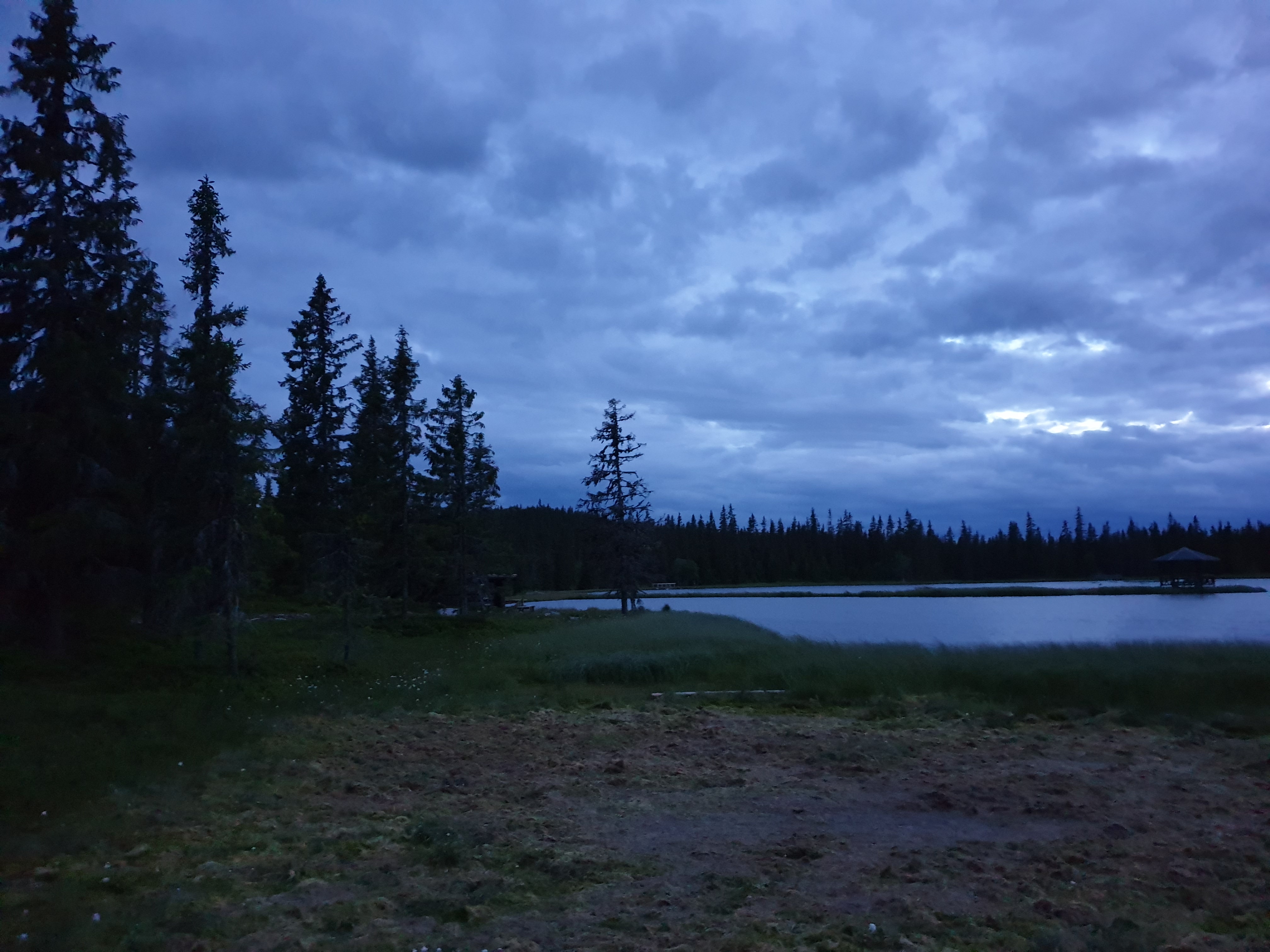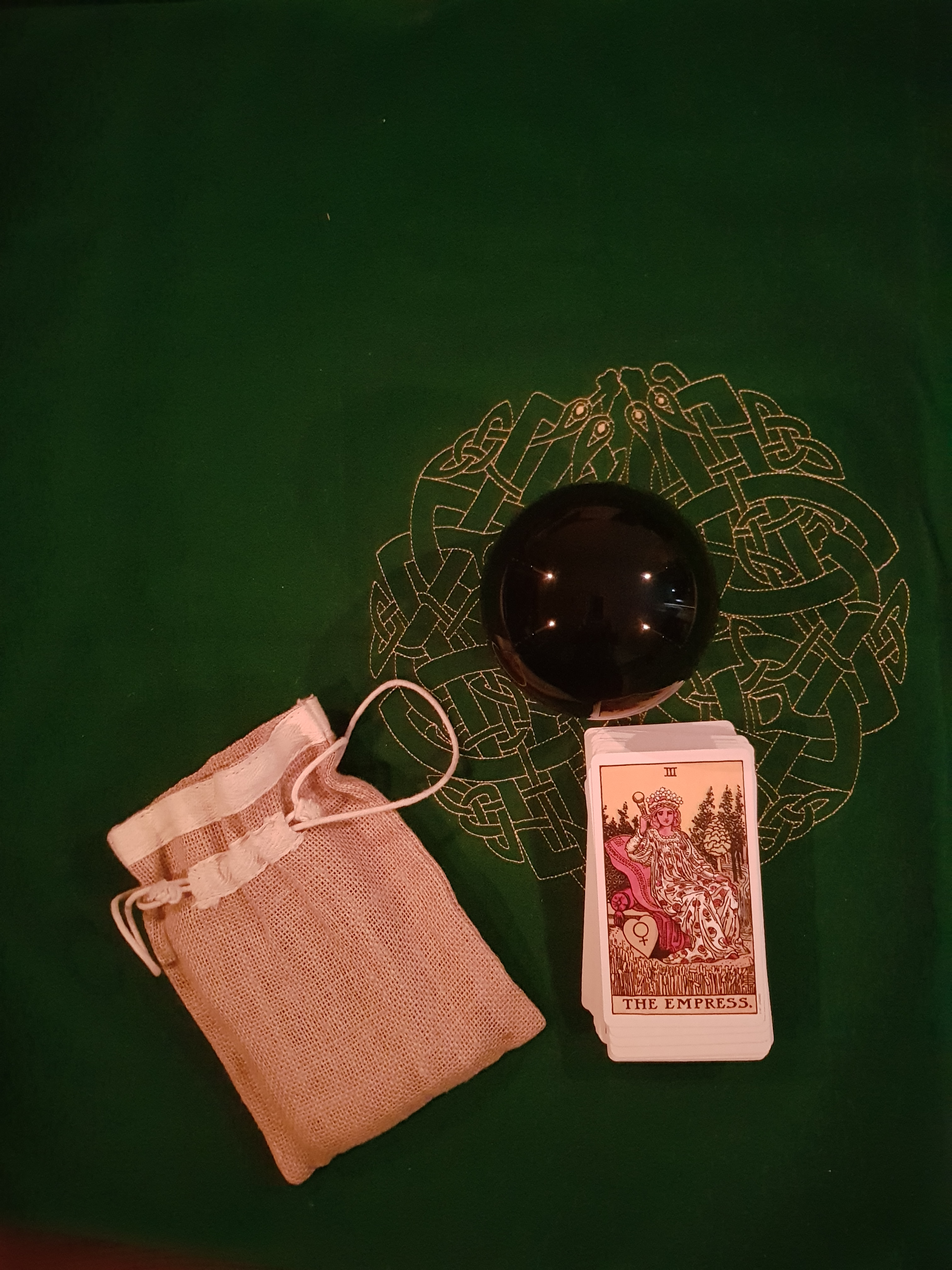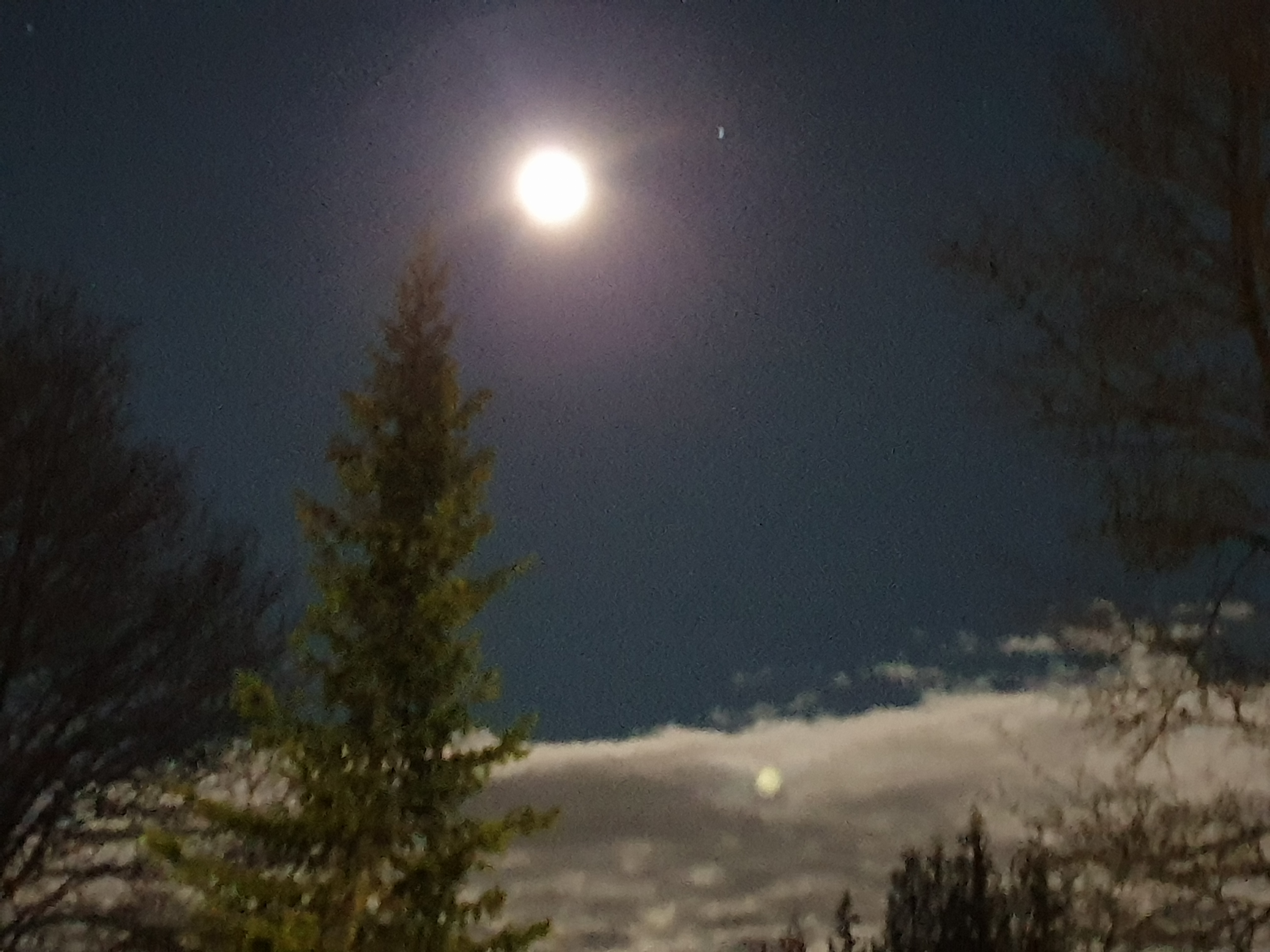I have received a free copy of this book in exchange for a fair and honest review.
The Runes is American author J. Hamburger’s debut book. It can be read as a short introduction to the runes as a divinatory system or as a guide for reflections. The book starts out with Hamburger telling us a little bit about how he discovered the runes through his family and a little bit about his philosophy when it comes to divination. I always find it interesting to know from what perspective the author comes from. He reveals that he believes in free will and that humans have the power to shape their own destiny. I like that he takes the approach that the divinatory meanings of the runes are not definite and that he is open for that they may even change over time. I experience this as a modern and up to date take on rune reading that does not try to give a false impression of an ancient unbroken tradition of rune reading. This does not mean that the author does not care about history. Quite to the contrary the author seems to have a deep respect for the history of the runes and therefore attempts to portray them as accurately as possible. He is open about that little is actually known about how the runes were used for divination and refers to Roman historian Tacitus’ account of rune divination.
Hamburger has chosen not to focus much around the divination ritual itself. The section about rune reading is quite brief and it mostly leaves the reader to figure out what approach they want to take on their own. What we get is a short version of Tacitus’ account and some comments from the author about his own take on rune divination such as that he does not use a blank rune or that he does not subscribe to different meanings for runes which land upside down. What he says are all sound advice when it comes to rune divination, but for a philosophical minded person like myself, I feel that this section leaves a lot of questions unanswered. I agree with him that there is no definite way to do a rune reading, but when he says that we are doing a rune reading to open up for a message I would have liked to see his thoughts about where these messages come from. Is it from Odin, the Norns or perhaps the deepest part of our own psyche? It would have been a good opportunity for the author to share his thoughts and get to know him a little better. I don’t know about his future plans, but it could of course be that he plans to elaborate on his own philosophy in future releases. In any case, this is not meant as a major critcism, but it is worth knowing that neither this aspect of divination or that using the runes for magical operations (bind runes etc.) is the focus for this book. He seems to attempt to take a no nonsense and non-speculative approach. And that is fair enough.
Most rune divination systems seem to be inspired by the Anglo-Saxon, Icelandic or Norwegian rune poems to some degree. This is also where The Runes can offer us something unique. Hamburger gives us the Anglo-Saxon and Icelandic rune poems in a new translation. The original rune poems in Anglo-Saxon and Icelandic are included in the book alongside the new English translations after the rune descriptions. He explains why he has left the Norwegian rune poem out and I understand that. Although as a native Norwegian that is the rune poem I personally prefer. The rune poems and the reflections around them are the main part of this book. Essentially these are what you should get this book for. I like that he sticks close to the rune poems for the divinatory meanings. One interesting consequence of this and the fact that he chose both the Icelandic and the Anglo-Saxon rune poems is that he gets alternative meanings. Often this turns out as a more grim version based on the Icelandic rune poem and a more softened meaning based on the Anglo-Saxon rune poem. It is also worth mentioning that the Icelandic rune poem is based on the Younger Futhark and that Hamburger follows the tradition which is utilizing the Elder Futhark for divination. This means that there will not be Icelandic verses for every rune. I think this approach in combination with the new translation has made Hamburger successful in creating something new and interesting. I feel that sticking close to the rune poems gives an authentic feel as the divinatory meanings are at least grounded in something. The benefit of that is that you don’t get the feeling that you have no idea where a meaning comes from. Both Hamburger and I agree on that the meanings are open for interpretation and are not definite, but it is easier to relate to meanings that are grounded in something than if they had been decided at random. Personally I would be inclined to pick some meanings from the Norwegian rune poems, but I agree with Hamburger’s approach in sticking close to the Icelandic and Anglo-Saxon rune poems.
His reflections on the rune poems are good and it is clear that they are made by someone who has a passion for what he is doing. It must have taken quite some effort and research to translate the runes poems. He does a very good job of explaining them. All the circumlocutions and kennings can make it difficult for us to understand the poems today.
The book is an easy read and he cites his sources so that you can go and look them up if you feel the need to. There is also a handy quick guide in the back if you just need the key words.
The Runes is a good contribution to the topic and I always welcome new perspectives and interpretations. I probably will take some of the ideas I have received from this book and use it in my own practice. I also want to highlight that experienced practioners, who might have in interest in magic, also can expand upon Hamburger’s ideas and put it to that use. Even if Hamburger himself does not state if he has an interest going in that direction, it does not mean that his interpretations cannot be useful for this purpose. Therefore I think his claim that it is a book suitable for both beginners and advanced practioners holds true.
If you are interested in rune divination I find that this is a good book to add to your collection. It takes a fairly simple and no nonsense approach to rune divination, so it leaves that mostly up to the reader. Perhaps that is not such a bad idea after all as the ideas around Norse mythology, religion and even rune reading seems to become increasingly politicized. This book stays clear from all of that. Hamburger focuses on the rune poems and that is an interesting place to start your journey for either learning for the first time or strengthening your connection to the runes.
The Night Spirit






